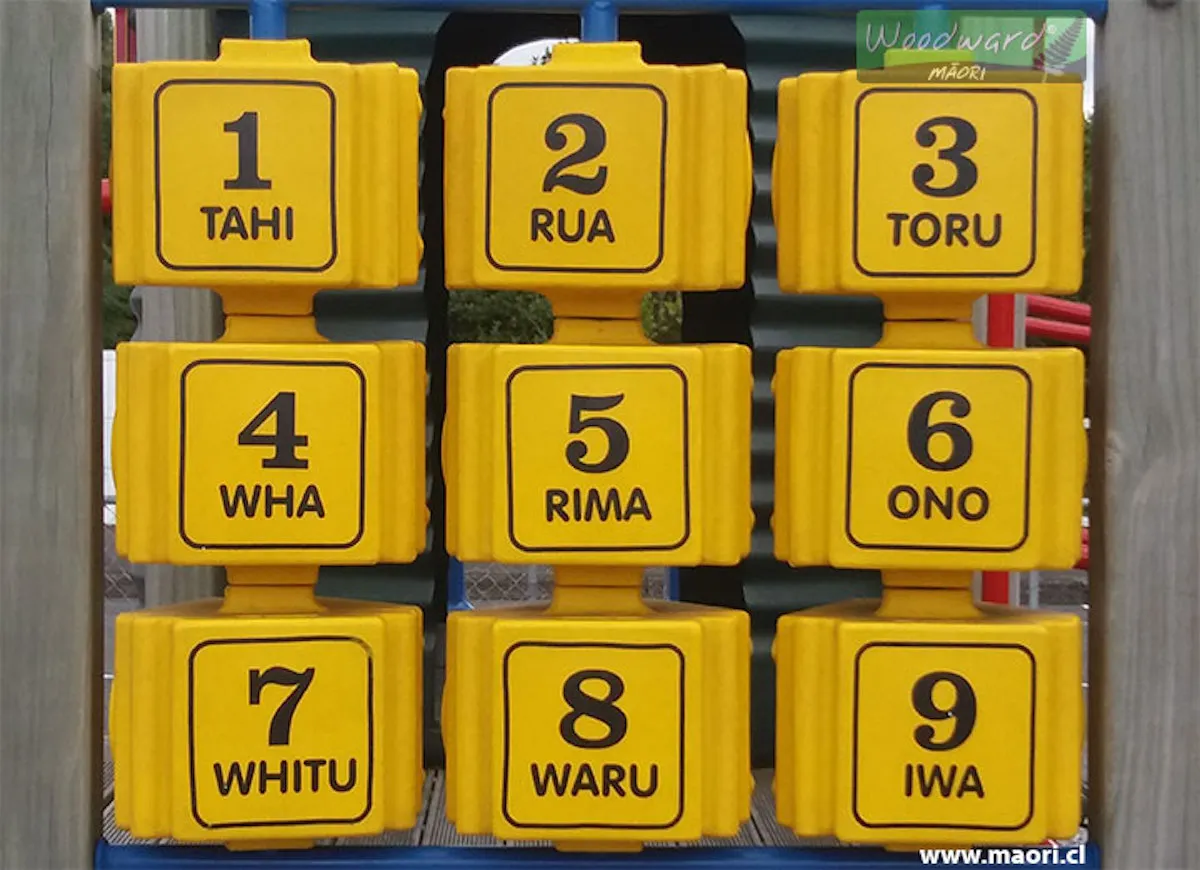Table of Contents
Maori Language Week is over. Thank the Lord. It seems to get worse every year. TV1 News is almost incomprehensible now. TV adverts have subtitles. Even the weather is read out in Maori, with a compliant but confused presenter and an even more confused audience.
All of this is in a country that, while promoters of the Maori language want to change the country’s name, cannot even decide on whether the pronunciation should be Aotearoa, Aotearoh or Artro. This is not just minor differences due to regional accents. This is out-and-out elitism from people who pretend they want everyone to learn Maori, but in fact, they want to keep it for themselves, in an elite little club.
Okay. All of that is irritating, annoying but not exactly life changing. If you really need to know what tomorrow’s weather brings, there are plenty of websites where you can read it in English. Stuff’s phone app is still called ‘Puna’ on the Monday after Maori Language Week, but that is nothing more than a good reason to abandon the app altogether. There is no major inconvenience to this, as Stuff is hardly a news site these days, so its readership continues to fall, one by one. No loss.
What is disturbing is that many government departments go much further during Maori Language Week than having everyone greeting each other with ‘Morena’. Some have a programme which can be turned on at will which translates everything – emails, office memos, etc into Maori. It is switched on at the beginning of Maori Language Week and is in place for the entire week.
Now just stop and think about that for a moment. Remember that there are very few competent Maori speakers, even in the public service. These people are trying to do their jobs, reading all instructions and communications in a foreign language. If I sat down at my desk on a Monday morning, opened my emails and immediately faced a page of Swahili, I would not know where to start. Why would it be any different for people in the public service?
So, it means that productivity in many government departments is almost non-existent during Maori Language Week. What a total waste of taxpayer resources.
This is no way to learn a language. Most people know a few words of Maori, some more than others. But to have to carry out a week’s work without proper access to English in an English speaking country is madness. If people want to learn Maori, they usually enrol in Maori language classes. Reading office memos without understanding a word is no way to develop one’s language skills.
I understand that this facility can be turned off, but it is not simply a matter of pressing a button on your keyboard. A request has to be made to the IT Department before an employee can go back to an English presentation of internal communications. Many people do not want to be seen as standing out from the pack. So they struggle on for the entire week, getting nothing done at all.
The potential for mistakes, errors and miscommunications is huge. I know of two government departments who do this, and I assume that others do too. Let us just speculate for a moment about how badly this policy could turn out.
What if it is used in the Department of Health, in the middle of a pandemic? Instructions are passed down from the ministry to the DHBs in Maori. This could affect supply chains, medicine stocks, reordering of equipment. The potential for disaster is extreme. What about similar consequences in departments such as police, energy, education, where people are already falling over themselves to outwoke each other? No doubt local councils employ a similar system, as they too are grossly woke organisations. A lot could go wrong and the consequences could be serious.
I’m speculating because the only government departments I know that do this are more of the penpushing variety, but it is not hard to imagine how badly things could go wrong. Imagine if an administrator with insufficient knowledge of Maori misreads the day of the week on an internal memo and books a department head on a flight to Christchurch the day after he is meant to attend a meeting there. Okay, this is not life threatening, but it is disruptive and expensive. And that is at the lower end of things that could happen as a result of this policy.
The consequences of Maori Language Week are far reaching in some quarters, and could in fact cause problems in the workplace which could have disastrous outcomes. It is time to bring this nonsense to an end. Those who wish to speak Maori should be allowed to speak Maori. Forcing it down everyone’s throats, whether they can understand it or not, is damaging, destructive and potentially dangerous.
If you enjoyed this BFD article please consider sharing it with your friends.










